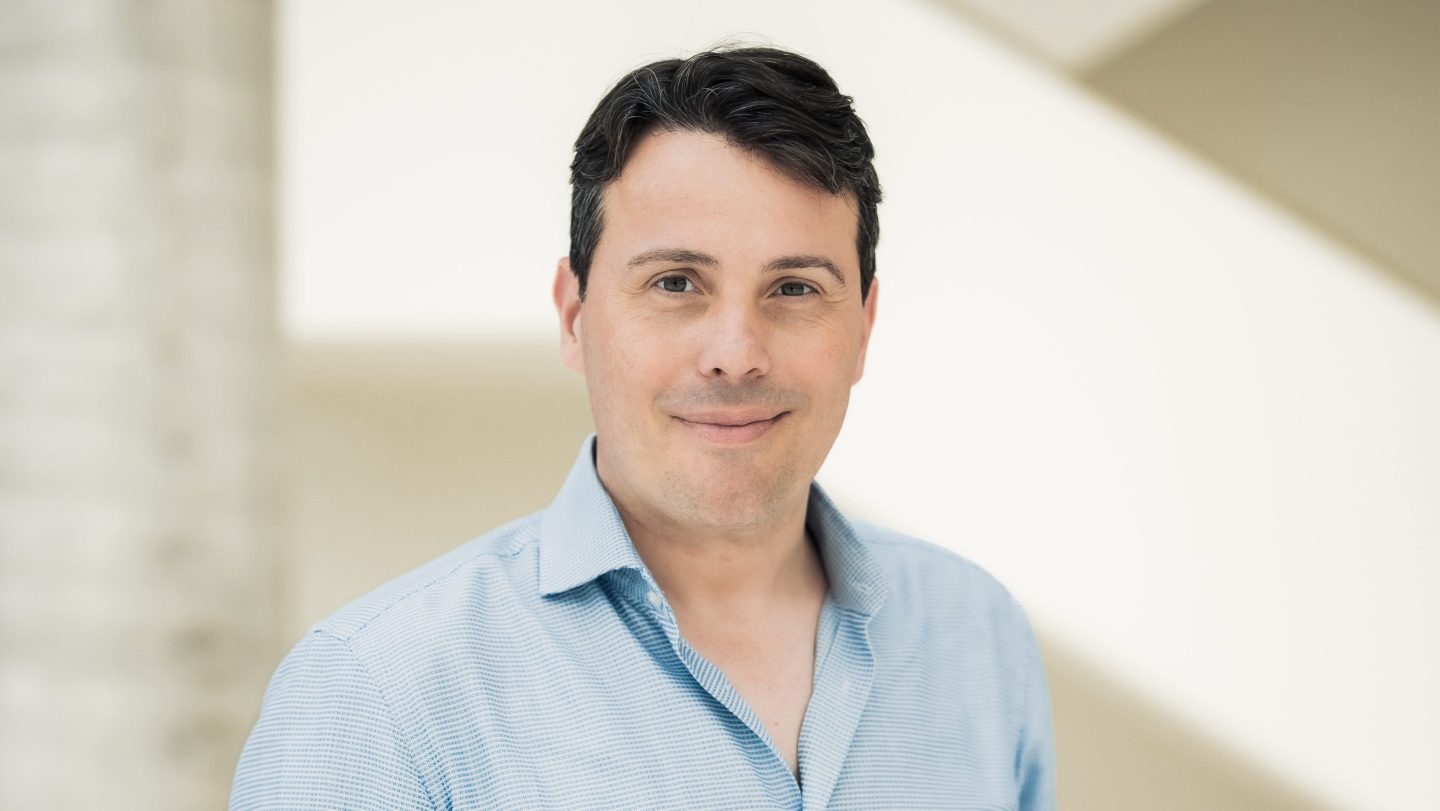The path to the C-suite often follows a familiar blueprint. For Gen Digital CEO Vincent Pilette, it was anything but. Pilette says he never had CEO aspirations, much preferring the role of CFO. So he did what few would: Early in his career as a financial analyst at a Fortune 500 IT company, he told the company’s then-CFO he wanted her job, he says. But when she outlined a rigid 15-year succession plan, he walked. “I don’t have that much time,” he told Fortune.
Though he’d only overseen a sliver of financial operations at the time—far from the typical CFO résumé stacked with experience across accounting, FP&A, and M&A—he began pursuing finance chief roles at smaller public companies. Titles never defined him, he says. Impact did.
After “hundreds of nos,” including an initial rejection from Electronics for Imaging, he eventually landed the CFO seat there in 2011. Two years later, he joined Logitech, where working under CEO Bracken Darrell reshaped his view of financial leadership as a blend of fiscal discipline and operational execution to drive growth. Pilette, whose work at Logitech blended both financial responsibilities and internal operations, began to embrace the CFO role not only as a financial steward but as a catalyst for value creation and operational change, he says.
Then came the unexpected. Recruited to join cyber security company Symantec as CFO in 2019, Pilette says he arrived on the very day the CEO was fired. What followed was a crash course in crisis leadership. He led the split and sale of half the business the same year, with the remainder branded as NortonLifeLock. Months later, in a twist of executive musical chairs, he was tapped as CEO.
Under Pilette’s leadership, NortonLifeLock merged with Avast in 2022 to form Gen Digital, a cyber security giant now serving nearly 500 million users. With a market cap north of $17 billion, Gen Digital recently acquired fintech firm MoneyLion to broaden its consumer security offerings. And it landed at No. 840 on the 2024 Fortune 1000.
Pilette says his unconventional climb is proof there’s no single route to the top. “Too many people feel there is one recipe,” he says. “But there isn’t.” He became a CFO without the usual credentials. He then became a CEO without chasing the title, driven instead by curiosity, discipline, and a relentless focus on value, he says.
His path suggests that sometimes, the fastest way up is the willingness to first go sideways.
Lily Mae Lazarus
lily.lazarus@fortune.com
Smarter in seconds
Stumbling in the dark. Baffled by the Trump tariffs, CEOs lean on the word ‘uncertainty’
No contact. Mark Zuckerberg runs Meta by only managing a ‘small group’ of 30—but even they don’t have one-to-ones
Ancient history. Why today’s business leaders are turning to a 2,000-year-old philosophy
Boss robot. The vast majority of CEOs are fearful of losing their jobs due to AI
Leadership lesson
“I’m not winning alone as a CEO. I’m never going to win alone in anything I do. It’s always a team effort. And just, you got to figure out what your role is and dominate that role,” Mat Ishbia, CEO of United Wholesale Mortgage
News to know
Stock markets surged Monday after the U.S. and China agreed to de-escalate their trade war, scaling back tariffs that had threatened major economic strain for the world’s two largest economies. Fortune
Bosses are signaling a stark new reality for employees: work harder, stay quiet, and be thankful you still have a job. WSJ
President Donald Trump announced plans to cut U.S. prescription drug prices to match costs in other countries. Fortune
Anti-DEI shareholder proposals have become more common, but they have not gained significant traction, with support typically ranging from just 1% to 2% of voters. Fortune
JPMorgan CEO Jamie Dimon says President Trump may have jumped the gun on tariffs but agrees that addressing trade imbalances is justified and potentially beneficial. Fortune












